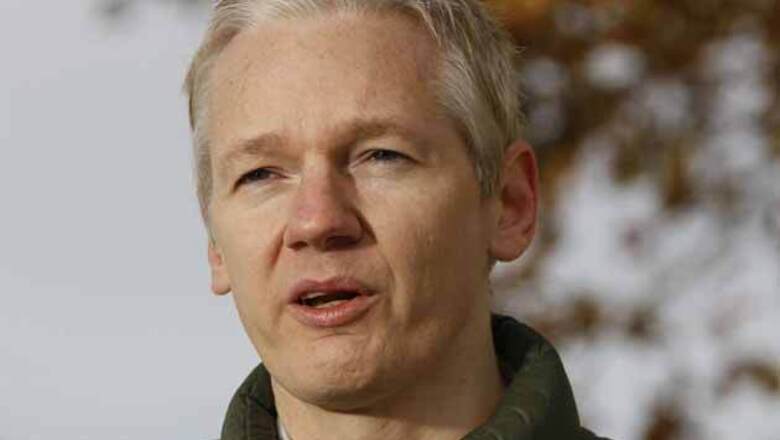
views
London/ZBrussels: WikiLeaks founder Julian Assange accused "hard-right" US politicians on Tuesday of pressing European credit card firms to block more than $50 million of donations to the website that published thousands of secret US diplomatic cables.
Assange, speaking to reporters at the Ecuadorean embassy in London where he took refuge in June to avoid extradition to Sweden, said the credit card companies' action had forced WikiLeaks to reduce the volume of documents it posted online.
Assange lamented a preliminary ruling by the European Commission on Tuesday that it was unlikely Visa Europe, MasterCard Europe and American Express Co had violated EU anti-trust rules with their blocks on processing WikiLeaks donations.
Assange said MasterCard had acknowledged in filings with the European Commission it had spoken to the staffs of Joseph Lieberman, an independent US senator who chairs the Senate Homeland Security Committee, and Republican Representative Peter King, who chairs the House Homeland Security Committee.
This was evidence, Assange said, that "hard-right US politicians were directly behind the extrajudicial banking blockade against WikiLeaks".
He said the action had blocked 95 percent of WikiLeaks' donations from Europe and cost it at least $50 million.
Lieberman and King were not immediately reachable for comment.
"Difficult" stay
Assange jumped bail in June after exhausting appeals in British courts against extradition to Sweden, where he is wanted for questioning over allegations of rape and sexual assault against two women.
Speaking in the embassy's gilt-corniced conference room, Assange said his stay there had been "difficult in many ways" but he had been able to continue his work.
Any resolution of the standoff would be "a matter of diplomacy", he told the press conference.
Assange, 41, showed no outward sign of the health problems that Ecuadorean officials say have plagued him.
He refused to comment on his health or how long he expects to stay in the embassy, declaring those subjects "off-topic".
Wearing a dark suit and white shirt with embroidery around the collar, Assange showed a video montage of US politicians and commentators decrying him as a "high-tech terrorist" and "criminal".
DataCell, a company that collected donations for WikiLeaks, complained to the European Commission after Visa Europe, MasterCard Europe and American Express stopped processing donations for WikiLeaks in December 2010. Their decisions followed criticism by the United States of WikiLeaks' release of thousands of sensitive US diplomatic cables.
"On the basis of the information available, the Commission considers that the complaint does not merit further investigation because it is unlikely that any infringement of EU competition rules could be established," said a spokesman for the Commission, the EU's executive.
The Commission would look at new information from DataCell before taking a final decision, he added.











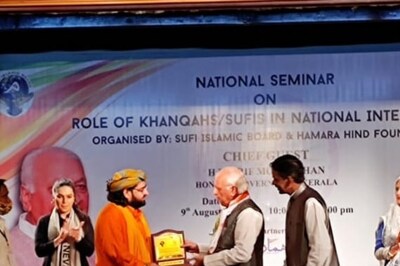
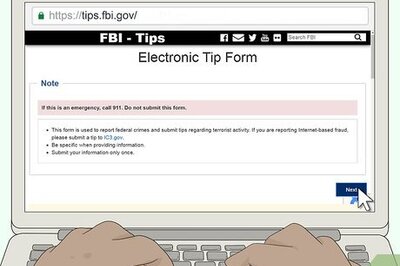
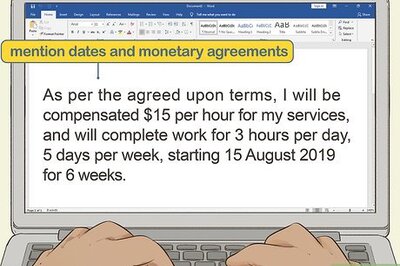

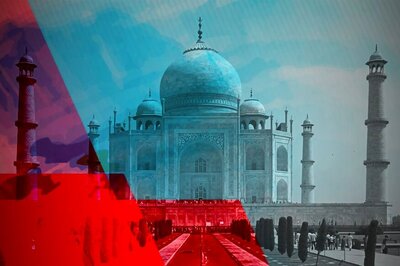




Comments
0 comment